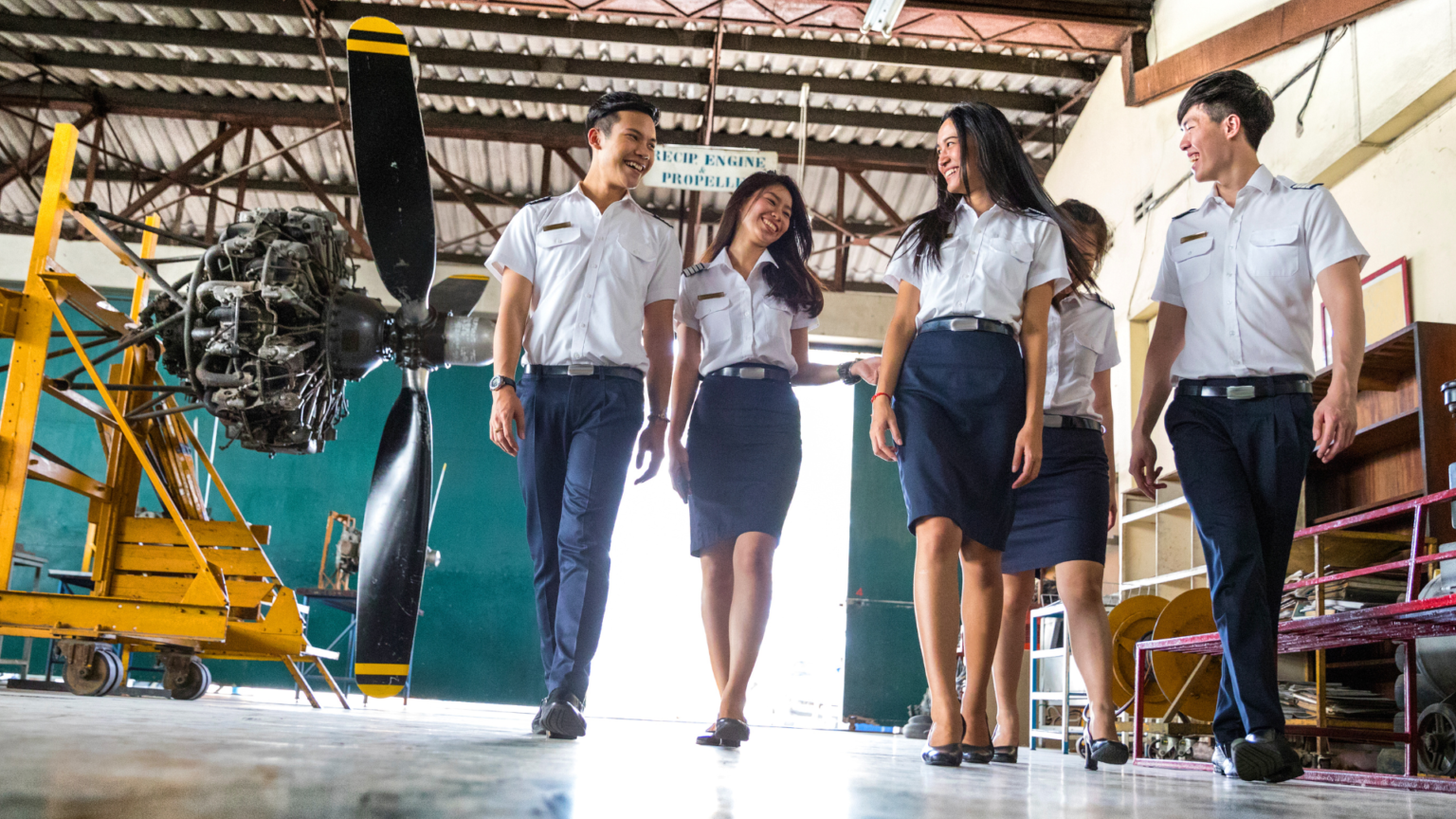Exploring Aviation Jobs in the USA in 2024
The aviation industry in the United States continues to be a dynamic and essential sector of the economy, offering a wide range of career opportunities for individuals with diverse skills and interests. From pilots to engineers, mechanics to air traffic controllers, the demand for qualified professionals in aviation remains robust. In this article, we’ll delve into the various facets of aviation jobs in the USA in 2024, highlighting key roles, trends, and factors shaping this exciting industry.
Pilot Careers
Pilots are at the forefront of the aviation industry, responsible for safely operating aircraft and ensuring the smooth transportation of passengers and cargo. The demand for pilots remains strong, with airlines, private companies, and government agencies actively recruiting skilled aviators. However, the industry is also experiencing a shortage of pilots, driven by retirements and increased demand for air travel.
For aspiring pilots, the path typically involves obtaining a commercial pilot’s license (CPL) and accumulating flight hours through training programs or military service. Specialized roles such as airline transport pilots (ATP) and flight instructors offer further opportunities for career advancement.
Aviation Maintenance
Aviation maintenance technicians (AMTs) play a critical role in ensuring aircraft safety and performance. These professionals are responsible for inspecting, repairing, and maintaining aircraft systems and components. With advances in aircraft technology, there is a growing demand for AMTs skilled in avionics and aircraft electronics.
Individuals interested in aviation maintenance can pursue certification through FAA-approved programs offered by technical schools and community colleges. Specializations in areas such as airframe mechanics, powerplant mechanics, and avionics provide avenues for focused career development.
Air Traffic Control
Air traffic controllers (ATCs) are responsible for managing the flow of air traffic in controlled airspace and ensuring safe aircraft separation. The demand for ATCs remains steady, driven by retirements and airspace modernization initiatives. ATCs undergo rigorous training through FAA-approved programs and must obtain specialized certifications.
With the integration of advanced technologies such as automated air traffic control systems and unmanned aerial vehicles (UAVs), the role of ATCs continues to evolve, offering unique challenges and opportunities.
Aerospace Engineering
Aerospace engineers design, develop, and test aircraft, spacecraft, and related systems. This field encompasses a wide range of disciplines, including aerodynamics, materials science, and propulsion. The demand for aerospace engineers is fueled by ongoing research and development in commercial and defense aviation.
Aerospace engineering careers typically require a degree in engineering or a related field, with opportunities for specialization in areas such as structural design, systems integration, and propulsion systems.
Emerging Trends and Opportunities
In addition to traditional aviation roles, the industry is witnessing the emergence of new opportunities driven by technological innovation and market demands. These include roles in drone operations, aircraft cybersecurity, and sustainable aviation initiatives.
Furthermore, the increasing emphasis on environmental sustainability is shaping aviation careers, with a focus on developing alternative fuels, reducing emissions, and improving energy efficiency.
Conclusion
The aviation industry in the USA offers diverse and rewarding career paths for individuals passionate about flight and aerospace technology. Whether you aspire to be a pilot, engineer, or air traffic controller, opportunities abound in this dynamic and ever-evolving sector. By staying informed about industry trends and investing in relevant skills and certifications, aspiring aviation professionals can embark on successful and fulfilling careers in aviation.
